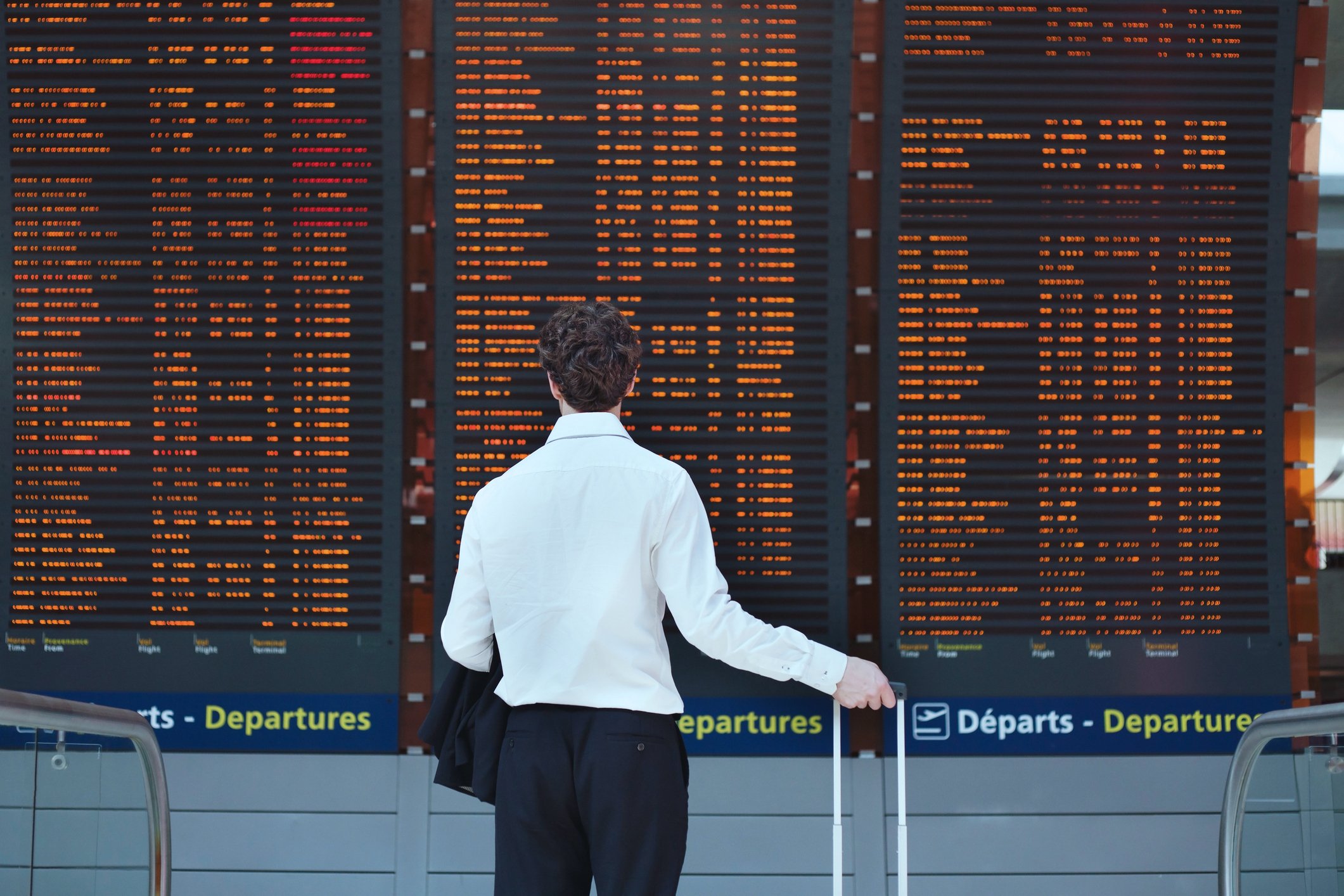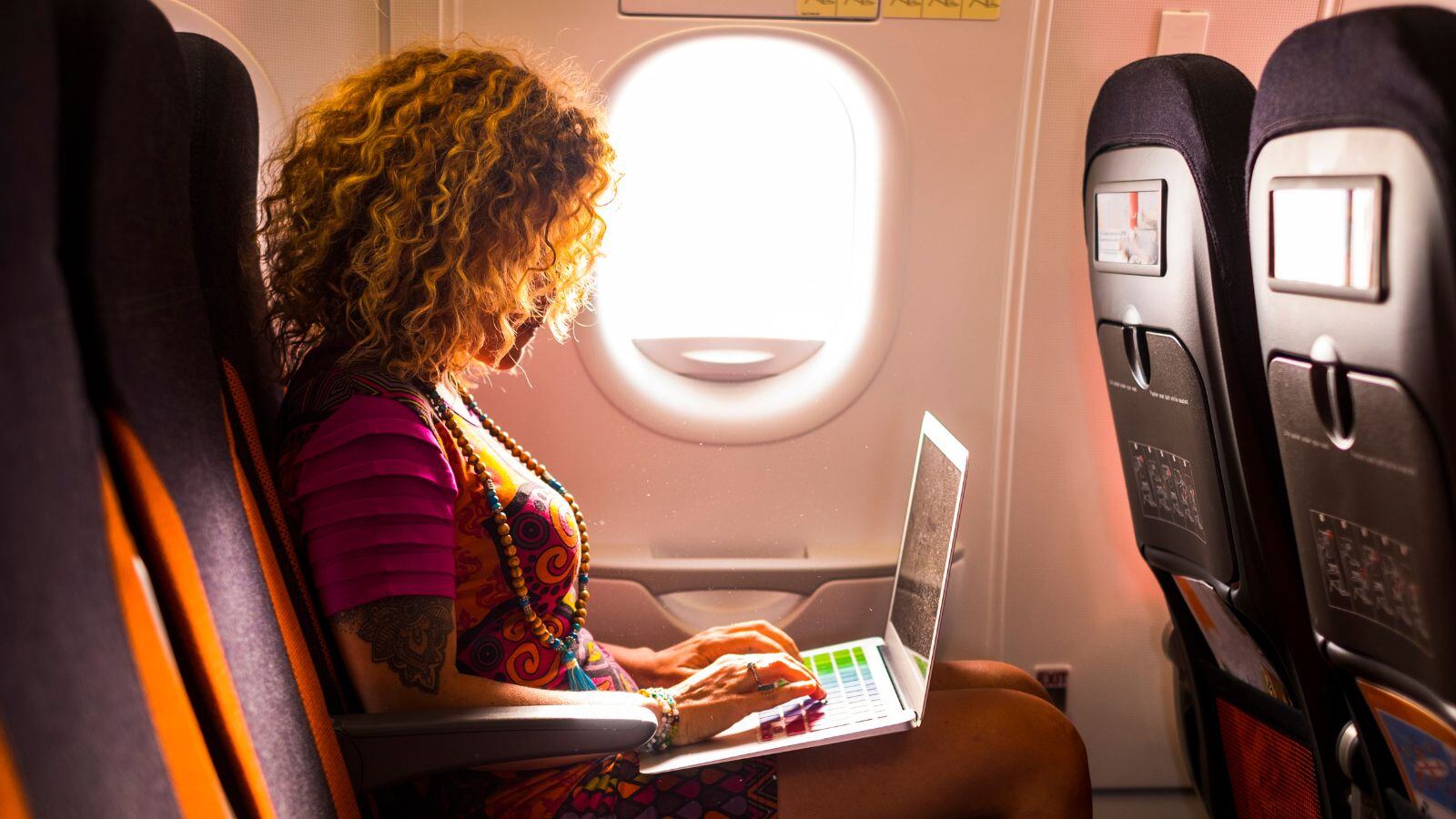Online assets known as non-fungible tokens (NFTs) - unique, digital objects that exist on a blockchain - have exploded in popularity in the past year and are the latest digital innovation to enter the zeitgeist.
NFTs could simply be understood as digital artwork with a crypto component, except an NFT can be part of a series, a video, or even virtual reality, making them much more than a digital image – and they stand for much more than a digital asset too.
The internet has already completely reshaped the travel industry, and if user-generated content and social networks are our internet’s present, NFTs are its future. Since the dawn of social media, businesses across the travel sphere developed new experiences based on the idea that our digital identities and connections have personal value. NFTs take this notion a step further by monetizing this value – and at present, the travel sector could benefit from NFTs’ projected profit. In 2021 alone, NFTs transacted for more than $17 billion, generating earnings of more than $5 billion.
The value NFTs hold for the travel industry is vast. To understand what is next for this form of travel technology, we’re taking a dive into how brands within the industry are using NFTs to engage with customers and business partners, expand brand awareness and generate new forms of revenue.
NFTs as Non-Fungible Tickets (and Passports)
One of the most simplistic applications for NFTs in the travel market is their use as a sort of “smart ticket”. Because digital assets are easily replicable (and hard to assign exact ownership to) NFTs are valued for their uniqueness and their unshakeable record of ownership. Suppliers, travel agencies, and even hotels could benefit from the technology's ability to reduce fraud and lost revenue while enhancing customer experience.
Since each NFT is registered on the blockchain ownership is verifiable, compared to traditional digital tickets - that utilize barcodes or QR codes - which can be duplicated and re-sold as fakes. Using NFT tickets effectively eliminates fraud and scalping, enhancing the tickets’ value for consumers and improving consumer safety.
This kind of utility NFT (or an NFT with usage that extends beyond its collectability) could be used to ensure access for only verified fans at sporting events or concerts. In the U.S, the NFL began producing tickets to select games as NFTs - giving fans a ticket and a digital memento. Purchasing an NFT ticket ensures standardized pricing for consumers, streamlines the buying experience and reduces the amount of revenue lost to scalper hacks or mark-ups – in addition to helping brands avoid a reputation meltdown like artist Taylor Swift's now famous Ticketmaster blow-up.
Airlines have already begun adopting NFTs for flight tickets, broadening options for consumers and increasing revenue for airlines. Flybondi, a low-cost airline based in Argentina, recently began issuing NFT tickets in partnership with Travelx, a blockchain development company. Because every transaction around a specific NFT is recorded on the blockchain, NFT ticket owners can trade, transfer, or sell the tickets, changing the name of the user up to three days before the flight. A similar system is used for hotel and resort reservations, ensuring that hotel owners get paid for their rooms. Casa de Campo, a resort in the Dominican Republic, recently announced plans to begin booking rooms with NFTs, in partnership with blockchain-based hotel marketplace Pinktada. The new practice allows individual reservation holders to sell their NFT-based reservation as a digital asset on Pinktada’s market, which operates as a third-party ticket reseller. NFTs’ flexibility and security increases revenue by passing the responsibility of change or refund costs from the businesses to the individual ticket holder – and there is a clear mark-up on the technology's novelty. The first ever NFT flight ticket, created by blockchain startup TravelX and Air Europa, made history as the most expensive plane ticket ever when it sold for $1 million at a live auction in April.
NFTs as a Digital Collectible (and Collective)
As a digital asset that doubles as an art form, NFTs can not only connect brands with consumers, but consumers with each other. In this way, the technology seems like a natural extension of the beloved hotel loyalty program, if not its future. Some travel industry leaders are already using NFTs in this way:
- Flycoin, a cryptocurrency exchange, announced last year it would reward frequent flyers with crypto tokens rather than air miles, giving customers the opportunity to swap them for rewards outside of specific airline-related transactions.
- airBaltic launched “Planies” earlier this year, an NFT of a cartoon aircraft that gives the owner access to a number of benefits connected to airBaltic Club, the Latvian airline’s loyalty program. By creating a loyalty program around NFT ownership, airlines can expand their membership base beyond frequent flyers to anyone with the means to purchase a Planie.
- NFTs may be more broadly accessible, but they are often produced in limited amounts, creating a level of exclusivity that lends itself to membership clubs like that at the Dream Hollywood, a luxury hotel in California. Dream’s NFT-based membership program is tied to the purchase of an NFT, in the form of a limited-edition original Perry Cooper artwork. NFT holders have access to exclusive perks like private events, poolside lounge chairs, an expert concierge, co-working spaces, use of luxury cars, complimentary suite stays and extensive discounts.
Unlike location-based experiences, digital art can be accessed from anywhere. This makes the NFT an appealing solution for brands within the travel industry, who have long grappled with how to connect consumers' desire for shareable, connected online experiences with physical interactions. Destination marketing organizations have begun filling in this gap by using NFTs to connect consumers with conservation. Unchained Elephants, an NFT art project, uses proceeds from NFT sales to rescue elephants in Thailand, and offers exclusive special benefits, like discounts on excursions, tours and hotels. The world’s first digital species was recently launched by Nature Seychelles, a limited-edition NFT of the magpie-robin that presents a “digital twin” – the proceeds of which go towards preserving the real-life endangered bird. This not only provides a new income stream for conservation initiatives but protects endangered species and their habitats from over-tourism.
There’s a huge opportunity in NFTs, and if the technology’s rapid adoption is any indication of its future usage, there’s plenty of potential on the horizon. For innovative organizations in the travel industry that want creative ways to enhance revenue while engaging with customers, NFTs are certainly a technology that’s worth the investment.




.jpg)





.png)











